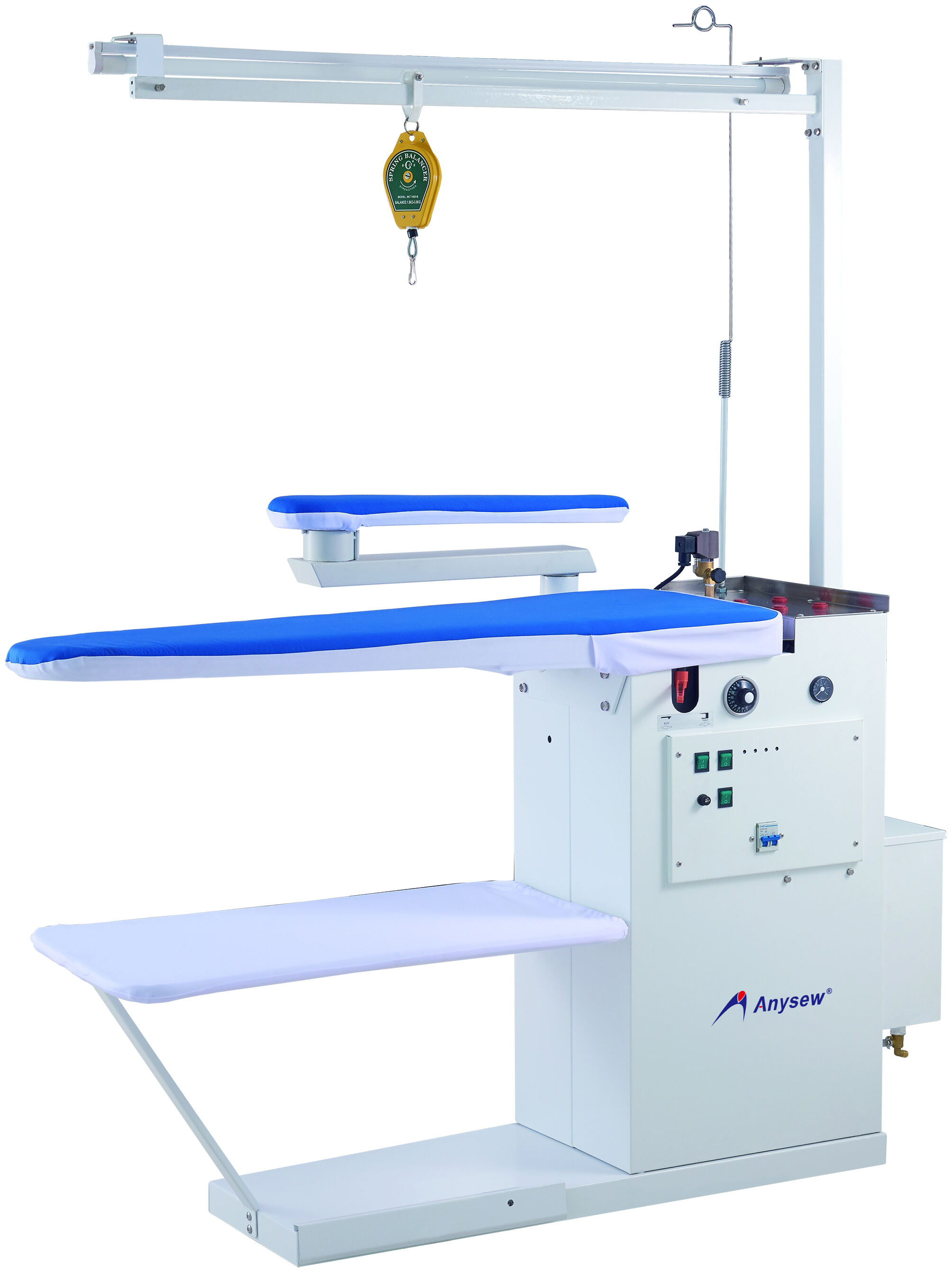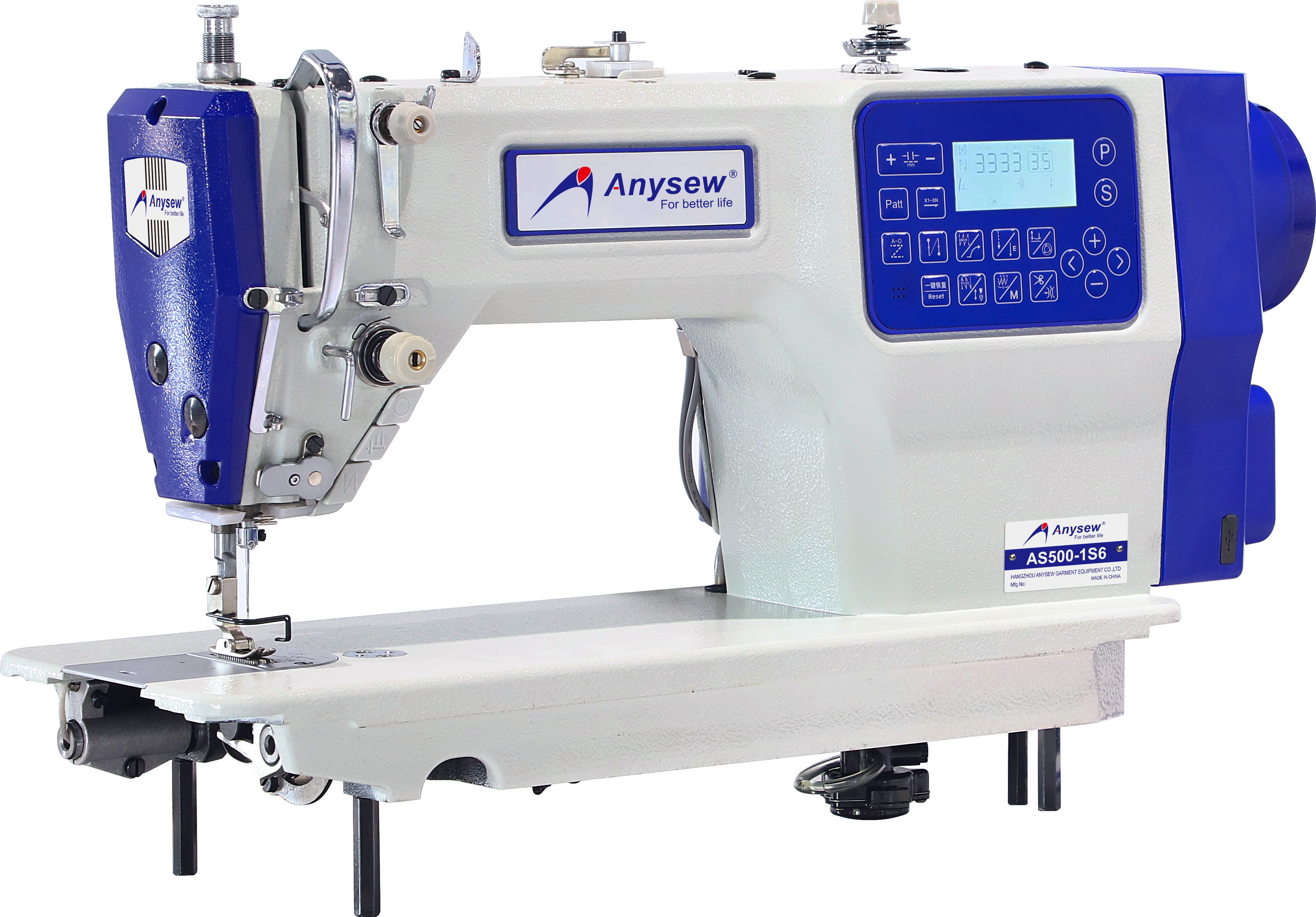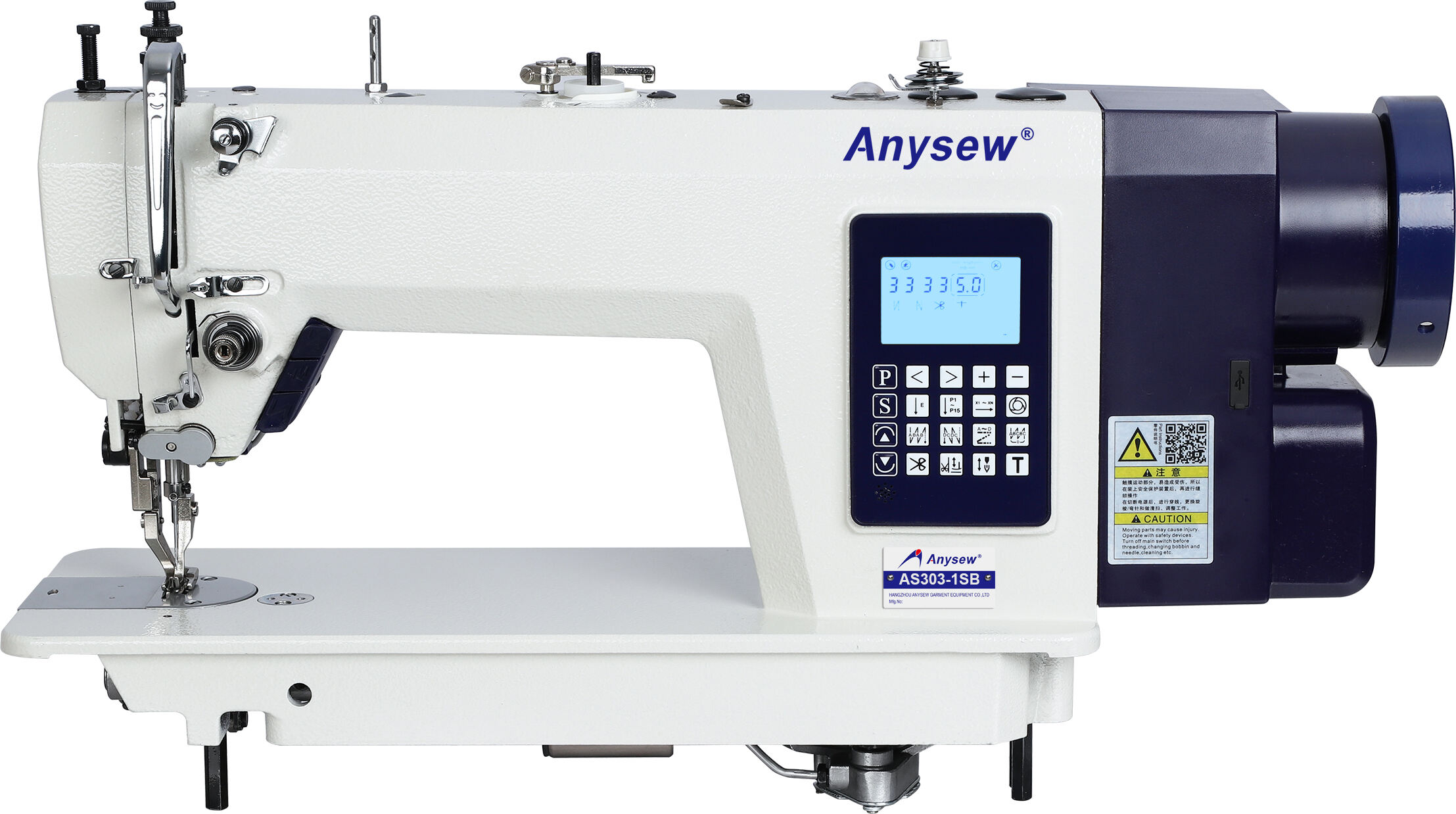ac servo motor
An AC servo motor is a sophisticated electromechanical device that delivers precise control of angular position, velocity, and acceleration in motion control applications. This high-performance motor combines a regular AC motor with an encoder that provides detailed feedback about the motor's position and speed. The system operates through a closed-loop control mechanism, where the encoder continuously sends position and speed data to the controller, which then adjusts the motor's operation to achieve the desired output. AC servo motors are characterized by their exceptional response times, high torque-to-inertia ratios, and remarkable accuracy in positioning. They can achieve speeds up to several thousand RPM while maintaining precise control and can generate consistent torque across their entire speed range. These motors excel in applications requiring rapid acceleration and deceleration, making them ideal for industrial automation, robotics, and CNC machinery. The motor's design typically includes permanent magnets and sophisticated electronic controls that enable smooth operation and minimal maintenance requirements. Modern AC servo motors also feature advanced capabilities such as programmable motion profiles, multiple feedback options, and network connectivity for integration with industrial control systems.


